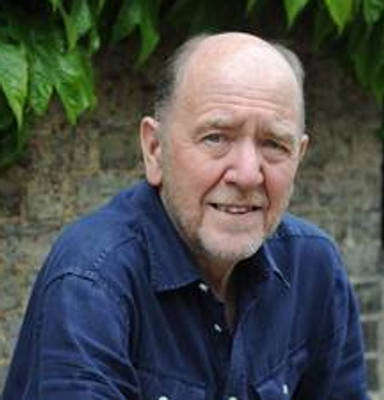
It was when I was an undergraduate at Cambridge. My friend the poet Dick Davis was in the year above me and had read Ruskin for a course on the Victorians which I was about to embark on. Dick wrote a poem which described reading Ruskin as a kind of mystical experience, the head invaded by Turnerian sunshine. Soon afterwards, I went to see Tony Tanner -- later to be the author of Venice Desired. He was going to be teaching me for the Victorian course. He had been very kindly reading my poetry for me and he told me that, on that evidence, I really had to read Ruskin. So I did, and it seemed inevitable that I should. I began with John Rosenberg’s fine anthology, The Genius of John Ruskin, and was quickly impressed, but what I remember in detail what embarking on ‘The Nature of Gothic’. It felt as if the normal functioning of time had ceased. Why does this happen? It has happened to many of us – it happened to Gandhi, for instance. I think part of it is that Ruskin is the boy who says that the Emperor has no clothes. You know that what he says is true – it’s just that you’ve been trying not to see it or that your elders have been hiding it from you. And then, of course, the language is so bewitching. No one has ever written more beautiful English prose.
Three or four months later I had a summer job in the district of south London named after the Crystal Palace, much loathed by Ruskin. It is also, as it happens, no more than a mile away from Ruskin’s childhood home. On my way to work one day I passed a secondhand bookshop which had a stack of Ruskins in the window – Modern Painters, The Stones of Venice, The Seven Lamps, The Elements of Drawing, Unto this Last – all of them for minuscule sums of money. I bought the lot and have never looked back.
Last modified 22 February 2019